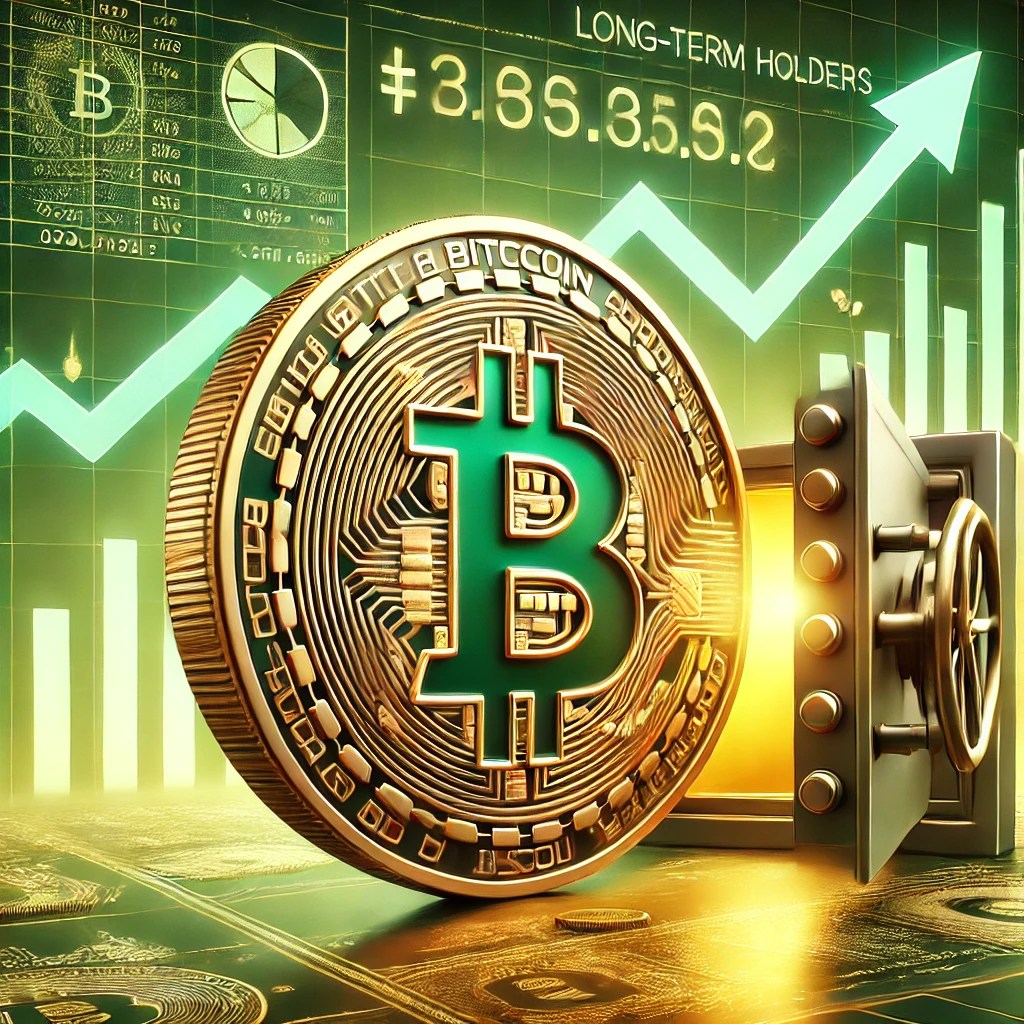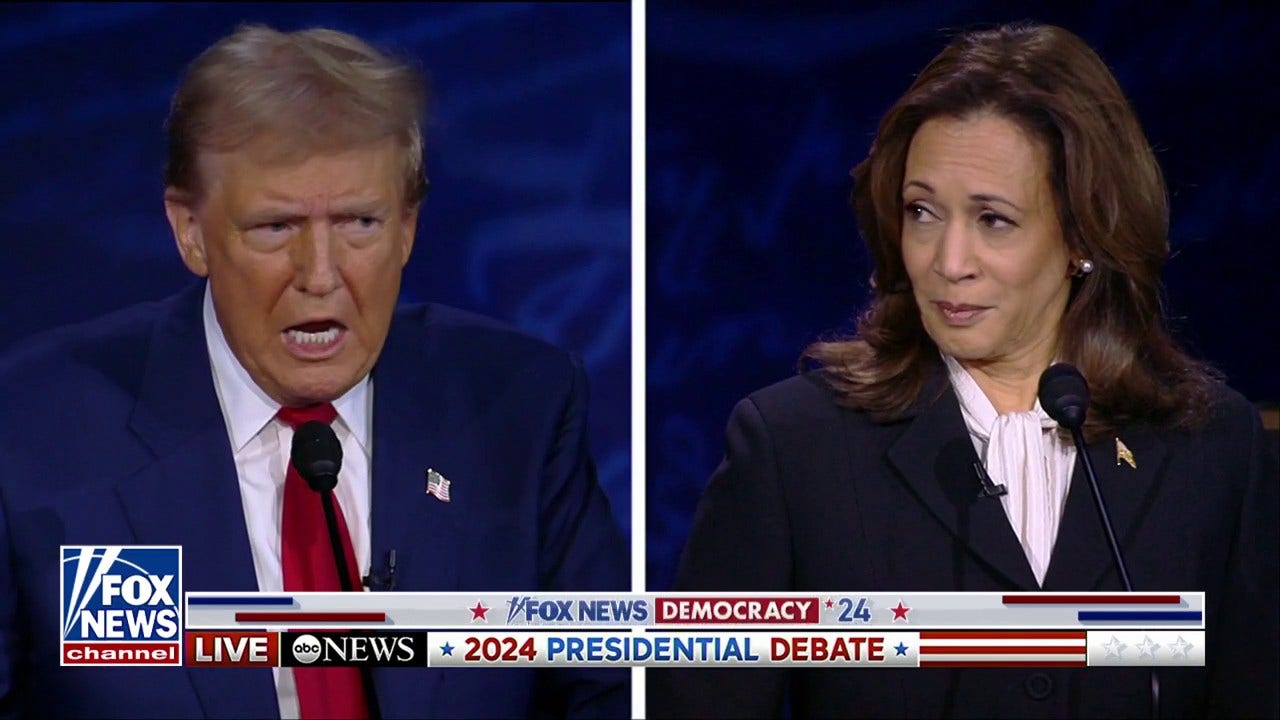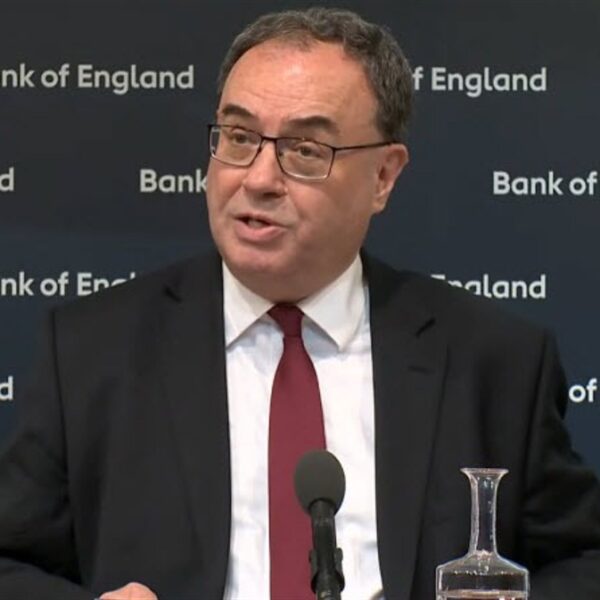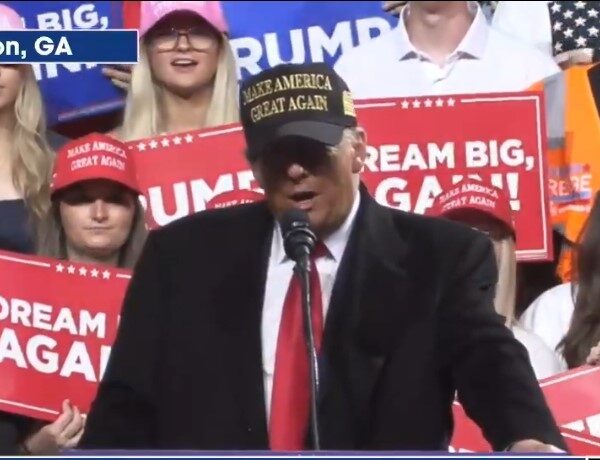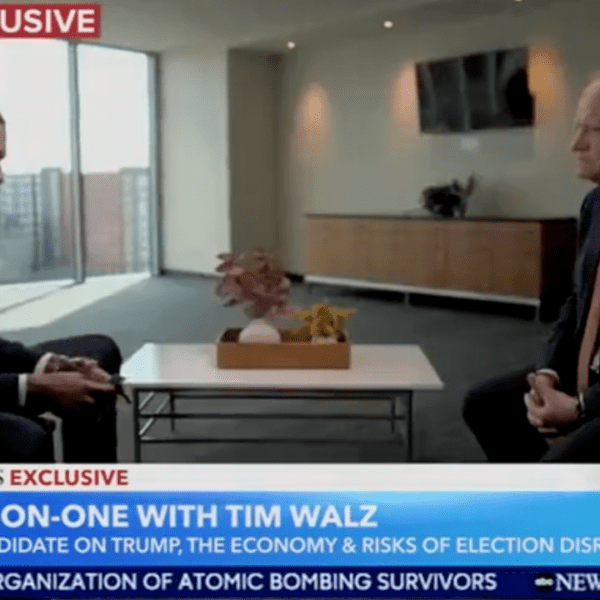

It’s still the economy, stupid, and we saw that tonight. In the first, and maybe only, debate between Vice President Kamala Harris and former President Donald Trump, the economy was at the top of the hour—and the two candidates touched on issues from housing to taxes to tariffs to inflation.
In a debate that started with economic issues, both candidates fiercely defended their records. Trump and Harris pointed the finger at each other over the current state of the economy, while simultaneously claiming their policies either helped rebound from the fallout of the pandemic or the former’s presidency.
Harris was the first to speak, and right off the bat she mentioned her childhood in a middle-class family and being the only person on the stage with a plan for working Americans. She instantly distanced herself from Trump, a once real estate scion and billionaire, who she argues will only cut taxes for the rich. She, on the other hand, will create what she calls an “opportunity economy,” partly through tax cuts for families and small businesses, Harris explained.
Trump, too, said he’ll cut taxes and “create a great economy,” which he touted he’s done exactly before. He denied what Harris called a “Trump sales tax,” that would cost American families thousands of dollars, instead emphasizing that he’ll enforce tariffs on other countries. By how much will vary, but it’s clear China would take a hit. “Other countries are going to finally, after 75 years, pay us back for all that we’ve done for the world,” Trump said, later pushing back on a claim from Harris that his plan for tariffs would result in higher prices for Americans. The back-and-forth about tariffs even touched on chips; Harris claimed Trump sold American chips to China and Trump said she bought chips from Taiwan.
Kamala Harris and Donald Trump spar over the economy at their first presidential debate. pic.twitter.com/8Lmt77bGAf
— MSNBC (@MSNBC) September 11, 2024
“I had tariffs, and yet I had no inflation,” Trump continued, pointing the finger at the Biden-Harris administration, which he claimed fueled “inflation like very few people have ever seen before, probably the worst in our nation’s history.” Of course that isn’t true, but inflation did reach a four-decade high roughly two summers ago and has cooled substantially since, to the extent that the Federal Reserve is expected to cut interest rates as soon as this month.
So while Trump blamed Harris for a terrible economy riddled with high inflation that’s keeping families from buying eggs and bacon, Harris said she and President Joe Biden cleaned up his mess, and that she’d be a president for all Americans, something she’s said before on the campaign trail. Harris also touted her proposal to increase the child tax credit from its current $2,000 to $6,000 a year, and give a $50,000 tax deduction to small businesses, which she called “part of the backbone of America’s economy.” She pushed back on Trump’s claims of economic greatness while he was helming the country, arguing his administration resulted in “trade deficits” and “trade wars.”
Harris touched on housing as well in a way the yes-in-my-backyard crew would appreciate, acknowledging the country’s shortage of homes and how it sends costs up, whether it be home prices or rents. At that moment, when given the chance to respond, Trump didn’t mention his plan for housing, he instead attempted to distance himself from Project 2025 (after it was mentioned by Harris), which indeed has a housing chapter written by none other than Ben Carson, his secretary of Housing and Urban Development.
And unsurprisingly, Trump focused on immigration and what he suggests is millions of people pouring into the country and stealing jobs from the African American and Latino communities and unions.
To that end, there were of course personal attacks. Trump said Harris doesn’t have her own plans, that they’re instead Biden’s; he called her a Marxist; and he said she destroyed our country. Harris, on the other hand, at one point referring to Trump’s upbringing, said: “I know not everybody got handed $400 million on a silver platter and then filed bankruptcy six times.” The two also exchanged blows about their rallies.
Voters will get their chance to weigh in on the debate performance at the ballot box, with the first early ballots going out just hours after the debate. And we’ll get a better picture of what Wall Street thinks post-debate once the markets open Wednesday morning.


